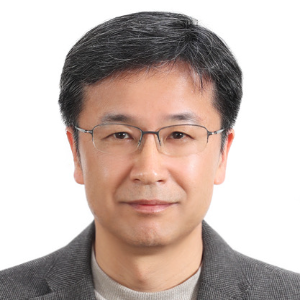Title : Korea seroprevalence study of monitoring of SARS-COV-2 antibody retention and transmission (K-SEROSMART): A community-based longitudinal seroprevalence survey
Abstract:
The primary objective of this investigation is to estimate the population prevalence of SARS-CoV-2 antibodies, monitor the waning pattern of seroprevalence, and develop forthcoming vaccination strategies through a longitudinal study using a population-representative sample over time in Korea.
In August 2022, the initial survey targeted 10,000 individuals aged 5 and above, selected through two-stage probability random sampling. Subsequently, a follow-up was conducted on participants from the first wave. The third survey involved a cross-sectional study of 10,000 new household members. Lastly, the fourth survey conducted longitudinal follow-up on Wave 2 and 3 participants. Various methods such as mobile web, telephone, and face-to-face surveys were employed to collect data on health status, COVID-19 history, and demographic information. Blood samples were collected and analyzed for anti-S and anti-N antibodies using electrochemiluminescence immunoassay. Population prevalence was estimated using PROC SURVEYMEANS with weighting reflecting demographic data at each survey time point.
The first survey involved 9,945 individuals in 258 communities. 74.9% follow-up rate from Wave 1 in the second survey. The third survey involved 9,798 individuals. Subsequent surveys involved 11,271 in the fourth, with follow-up rates of 74.4% and 57.8% from Waves 2 and 3 participants, respectively. The overall population-adjusted prevalence rates of anti-S antibodies from 97.5% in the first to 99.8% in the fourth survey. Anti-N antibodies increased gradually from 57% in the first survey to reaching 84.9% in the final survey. Unreported rates of antibodies remained relatively stable at approximately 20%-25%, with the highest rates observed in the 50s and 60s age groups. Furthermore, the titers of anti-S antibodies tended to decline over time following the last immunological event, particularly noticeable after a span of six months.
This study provides estimates of population seroprevalence and highlights the decline in antibodies against SARS-CoV-2 over time in a nationally representative sample. It furnishes essential epidemiological evidence for formulating national COVID-19 vaccine policies and underlines the necessity of continuous surveillance for COVID-19.



